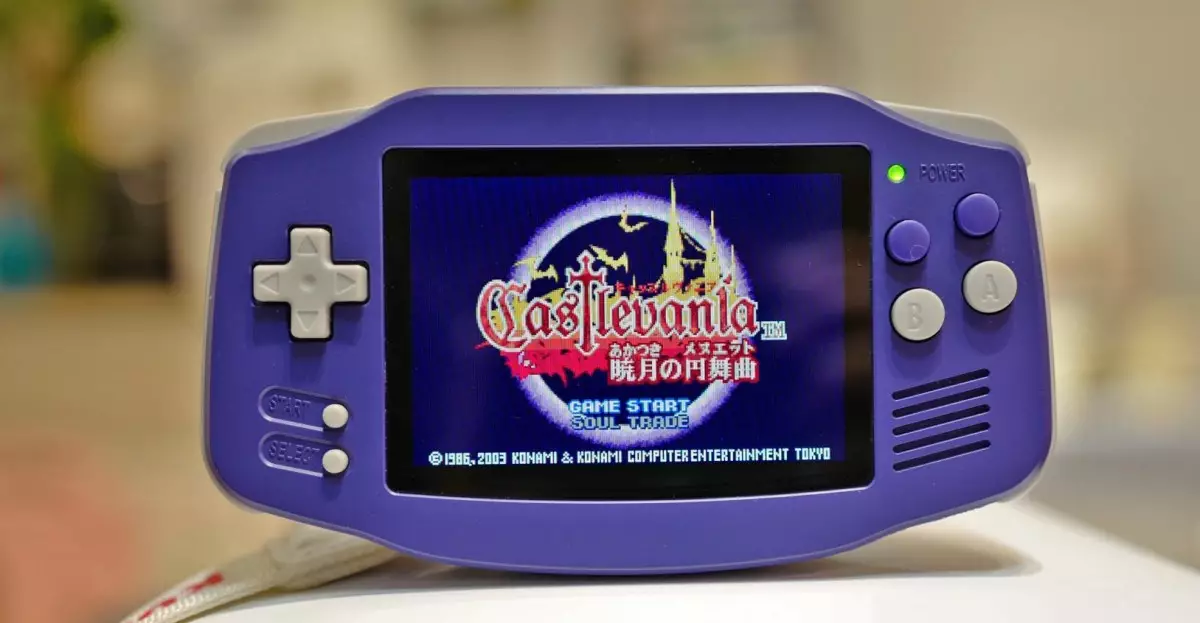The landscape of electronics, particularly retro gaming, has witnessed a seismic shift in recent months, largely influenced by the impending tariffs levied against Chinese imports. Anbernic, a key player in the market for affordable Nintendo Game Boy clones, finds itself at a crucial crossroads. With former President Trump’s threatened 245 percent tariffs on Chinese goods looming, the implications for consumers in the United States are profound. As expectations of increased prices grow, companies like Anbernic are not just bracing themselves—they are taking decisive action. By suspending shipments from China, Anbernic signals a preemptive move that reflects both the uncertainty of import policies and the potential for significant price changes.
The Economics of Gaming Consoles and Consumer Choices
Anbernic’s handheld devices have carved a niche with their competitive pricing, often retailing around $70. This pricing strategy has not only made retro gaming accessible but has also created a vibrant community of enthusiasts who appreciate the nostalgic connection these devices provide. However, as tariffs threaten to inflate costs considerably, the purchasing power of consumers is at risk. The company’s recommendation to prioritize products shipped from its U.S. warehouse indicates a strategic pivot to mitigate tariff backlash. Consumers can still access these products without the added financial burden of import duties, a move that cultivates trust and reliability in a tumultuous market.
This situation raises a broader question: how much are consumers willing to pay for nostalgia? While many have historically favored lower-price options, the quality of the experience often dictates purchasing behavior. Anbernic’s models have successfully replicated the appeal of classic handheld consoles, drawing in both seasoned gamers and a new generation of players. Should prices soar as a result of tariffs, this delicate balance might tip, prompting buyers to seek alternatives or turn their backs on higher-priced clones.
Adaptation in the Age of Tariffs
Anbernic’s response, while necessary, speaks to a broader theme of resilience within the tech industry. The company is not operating in a vacuum; the ramifications of these tariffs encompass all Chinese-made products, pushing firms to innovate and adapt or risk obsolescence. The growing trepidation around tariffs echoes similar precedents where companies pivoted their business strategies to navigate a challenging regulatory environment. As companies suspend shipments and reconsider their approaches, the real question is whether this represents a short-term strategy or a long-term shift in operational methodology.
Moreover, the warning provided by Anbernic regarding potential customs duties proves that they are not merely reacting to external pressures but are actively engaging with their consumer base to guide informed purchasing decisions. By fostering transparency, Anbernic secures its reputation as a company that prioritizes customer experience amidst economic uncertainty.
A Pallet of Options Beyond Anbernic
While Anbernic remains a cornerstone for many nostalgic gamers, the reality remains that competition exists. As inventory issues lead to potential shortages, the rise of third-party sellers becomes increasingly pertinent. Platforms like Amazon continue to provide an avenue for obtaining these devices, albeit often filled with risk due to the legality of bundled game ROMs. This scenario illustrates a complex relationship between suppliers and consumers, where the quest for affordability often intertwines with ethical considerations regarding gaming content.
While some may continue to support Anbernic, others may explore alternatives—potentially paving the way for new players to emerge in the market. This dynamic fosters innovation, compelling brands to improve their offerings in price, quality, and customer service. As consumers evaluate their choices, Anbernic’s stewardship of their product line and engagement with the complex realities of tariffs could ultimately reinforce their standing as both a pioneer and a survivor in a competitive sphere.
As the economic backdrop evolves with new tariffs and market volatility, the future remains uncertain yet ripe with potential. Anbernic’s proactive measures may just define not only their legacy in retro gaming but also set the stage for how other tech firms respond to adversity in an increasingly globalized market.

